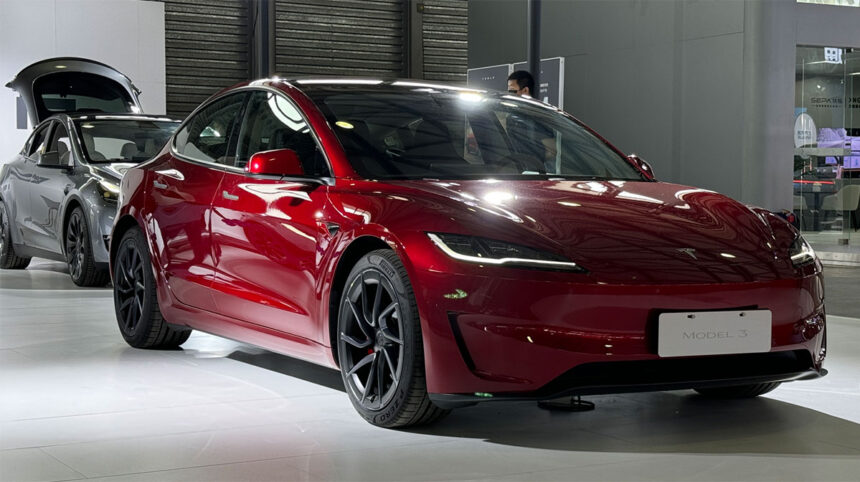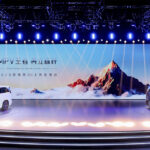Driving at night in China can present unique challenges, especially when it comes to large trucks with broken taillights. This issue can pose a significant challenge to camera recognition systems, as highlighted by Li Auto’s CEO.
During an AI Talk event, Li Xiang, the founder, chairman, and CEO of Li Auto, defended the use of LiDAR in his company’s smart electric vehicles (EVs). He emphasized the importance of understanding the driving environment in China, particularly at night, where visibility can be limited due to factors like large trucks with broken taillights.
Li Auto’s decision to incorporate LiDAR in its models is driven by a commitment to safety. In China, where driving conditions can be challenging, LiDAR offers a detection range of 200 meters, significantly enhancing the vehicle’s ability to detect obstacles and implement safety features like automatic emergency braking (AEB) at high speeds.
While Tesla has been a vocal advocate for pure vision smart driving solutions and has opted not to use LiDAR in its vehicles, Li Auto believes that the technology plays a crucial role in ensuring the safety of drivers and passengers. Li Xiang stressed that LiDAR is essential for achieving optimal safety standards, especially in environments where visibility is limited.
The debate over the use of LiDAR in EVs continues, with Tesla’s management expressing reservations about the technology’s necessity and cost implications. However, in China, LiDAR is widely used in mainstream high-end EVs, reflecting the industry’s recognition of its value in enhancing safety and performance.
Interestingly, Xpeng recently made a strategic shift by ditching LiDAR in its new sedan, the P7+. This decision aligns with a broader trend in the industry, where automakers are reevaluating the role of LiDAR in smart driving solutions and exploring alternative approaches to achieve fully autonomous driving capabilities.
In conclusion, the use of LiDAR in smart EVs remains a topic of debate within the industry. While some companies, like Tesla, prioritize pure vision solutions, others, like Li Auto, believe that LiDAR is essential for ensuring the safety and performance of their vehicles. As technology continues to evolve, automakers will need to carefully consider the trade-offs between different sensor technologies to deliver the best possible driving experience for consumers.





